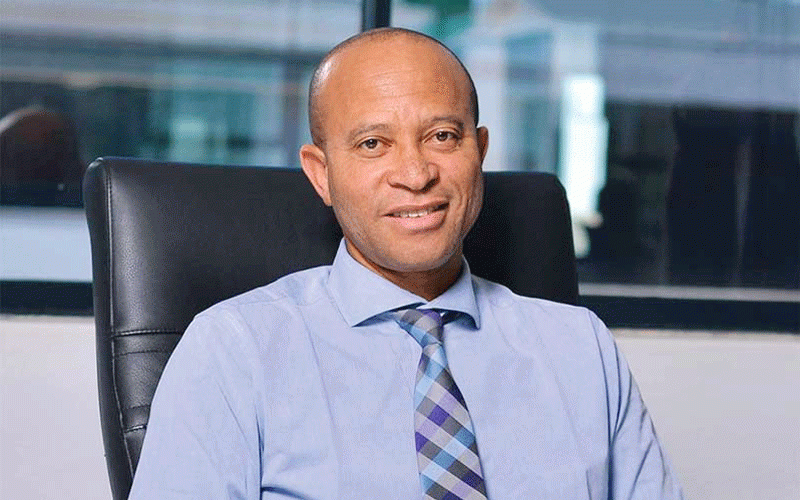
THE United States embassy yesterday said US dollar notes do not expire and remain legal tender regardless of when they were printed.
Most Zimbabweans had taken it upon themselves to be officials from the American Reserve Bank (Fed) putting a blanket ban on notes which were printed before the turn of the century, probably a hangover from the deadlines on the numerous bearer cheques printed by Zimbabwe’s central bank.
“The US embassy has in the last two months received numerous enquiries from members of the Zimbabwean public on the validity of older series of US notes as well as mutilated or worn US notes,” US Public Affairs Officer, Tim Gerhardson said Thursday.
Gerhardson said the embassy does not issue new banknotes in exchange for old or mutilated currency.“Members of the public are advised that older series of US currency remain legal tender in the United States and elsewhere. US bank notes do not expire,” Gerhardson said.
Banks, retailers and money transfer agencies in the Zimbabwe have been refusing US notes which were released in 1999 and before.
“Similarly, any badly soiled, dirty, defaced, disintegrated, limp, torn, worn, out currency note that is clearly more than one-half of the original note, and does not require special examination to determine its value, is legal tender.
However, the decision on whether to accept, or not, any bill is up to the bank, business or individual,” said Gerhardson.
- Chamisa under fire over US$120K donation
- Mavhunga puts DeMbare into Chibuku quarterfinals
- Pension funds bet on Cabora Bassa oilfields
- Councils defy govt fire tender directive
Keep Reading
Gerhardson said individuals with questions or concerns about detecting fraudulent currency could contact the US Embassy Public Affairs Section in Eastgate, Harare.
Meanwhile bankers this week said there was no interest ‘whatsoever’ in the local currency by companies and individuals despite raising the interbank rate to 66,49 Thursday from 20 on February 2.
The bankers said individuals and companies were no longer interested in the country’s worthless currency, which was being shunned by retailers and service providers.
Economists said companies and individuals running away from inflation-induced losses on the local currency were not interested in the local currency even if it was to trade at above one sextillion to the greenback.
The Reserve Bank early this month moved interbank rate to $20 to the US dollar after revaluing the currency for the third inside two years.
The dollar Thursday was set at $66 49:US$1 on the interbank rate as bankers tried to attract companies and individuals to buy the local currency.
The fall of the local currency on the interbank reinforces a gloomy forecast of an unprecedented acceleration in the rate of inflation, which the government said was above 231 million % in July, although independent economists said the figure was now above 5 billion %.
“We are raising the rate to attract companies but none have done business with us since the economy was dollarised,” said a banker with a commercial bank Thursday.
BY PAUL NYAKAZEYA










